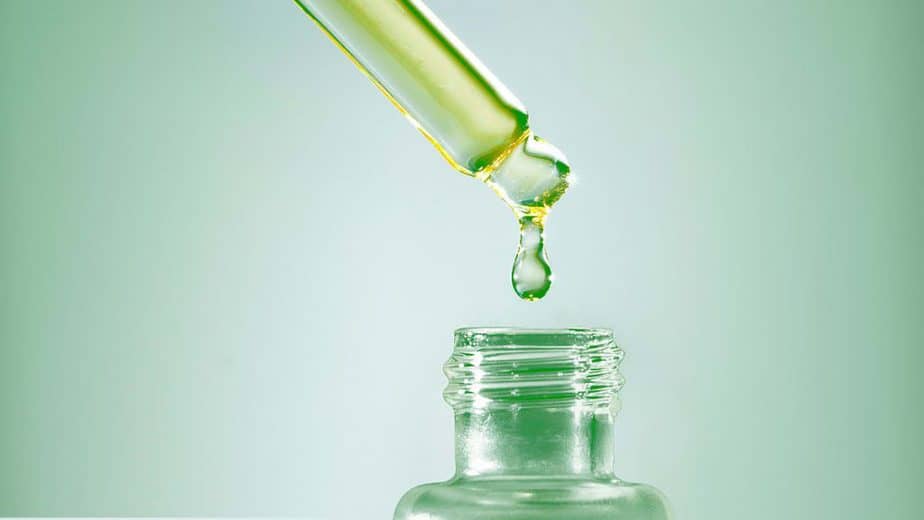
To even begin to discuss the variables in determining an ideal CBD dosage is like trying to hold a handful of sand for more than 15 seconds without it slipping through your fingers. Each granule represents another factor to consider, falling despite your best efforts to contain it, and rejoining the rest of its multitudinous beachy brethren.
So why are CBD doses so hard to determine? Well, for one, there is no universal dosage guide for CBD intake, which automatically indicates that any advice you receive about dosing cannot be totally backed by the medical community. Moreover, and this is certainly not an exhaustible list, it’s necessary to think about why you’re using CBD in the first place and the severity of the condition being treated, the concentration of CBD in what you’re taking, what form you’re taking it in (topical, edible, sublingual, smoking), what effect you’re looking to achieve, whether you are a beginner to the CBD landscape, and of course individual factors like body chemistry and weight.
And, rather than focusing on each individually, these factors invariably fold and bleed into one another. This indicates that CBD dosage has to be considered on a case by case basis. But maybe, just maybe, understanding why the subject of dosing with CBD is so complex, and what issues lead to this complexity, we can begin to chip away at the question at hand and emerge a bit more knowledgeable, and a bit more aware of at least what we should consider when carefully experimenting with our own doses. With many shady companies out there, sites like CharasScientific have written guides to help you make the right choice in what to buy. Here is a quick look at some of the important factors to consider when determining your ideal CBD dose.
Why Are You Taking CBD?
Why are you taking CBD? This will certainly help determine how much of it you should be taking, and how often. CBD has been shown, at least preliminarily, to help manage/treat/prevent a huge array of both physical and psychological maladies like chronic pain, arthritis, anxiety, PTSD, troubled sleep, Parkinson’s disease, and depression.
Why does this matter? Well, CBD is a very versatile, clever little compound that has been shown to target many areas in our bodies and brains. By targeting our Endocannabinoid systems, CBD helps to manage those things that this system has a hand in regulating, like pain receptors, serotonin receptors, and enzymes.
In terms of finding a dose that works the way it needs to, it’s absolutely necessary to have a clear understanding of what you would like CBD to help treat. In this way, you can monitor the effects that different doses of CBD has on these physical and/or mental areas. As well, depending on the severity or acute nature of what you are treating, you may need a smaller or larger dose and you may need to take it more or less frequently.
How Are You Taking CBD?
Are you having a sublingual CBD dose? Or are you having an edible? Are you using CBD topically like many CrossFit athletes do, or smoking it? How you take CBD affects how it works, and also the intensity and duration of these results, which in turn, just as with why you are taking it, affects how much you should be taking and how frequently.
Eating CBD in the form of an edible or capsule will have a more subtle, longer lasting effect and will stay in your system longer, while using CBD sublingually will have a rapid effect that may seem more acute, but won’t have the same lasting presence. So too with smoking CBD. If applying it topically in the form of a salve or lotion, your CBD dose doesn’t actually reach the bloodstream and instead interacts with ECS receptors close to the surface of the skin. This targets the specific area you apply it to rather than the overall body.
Of course, it’s clear to see how you are taking CBD also affects how long it will stay in your system and the overall effect it produces. Topical creams may work for arthritis in a way that they would not show the same results if you use them for helping you sleep better. By understanding what different effects CBD can have depending on how you take it, you can develop a better understanding of your own personal needs, and move one step closer to figuring out your ideal dosage.
Body Weight/Chemistry and CBD Percentage
Just to throw a few spanners into the mix, it is also crucial to consider your own body chemistry, your physical weight, and the strength or percentage of CBD in the product you’re using. These factors, more than the ones mentioned above, are tactile in a way that the scientific community has been able to grasp onto. There are many guides to be found with a simple internet search that use equations based on these variables to help the public determine how much CBD they should be taking depending on body weight.
Body chemistry is important too. Specific genetic variants, metabolisms, medical histories, levels of nutrition, age, and whether you are a first time user or a veteran (how much CBD might already be in your system and if you’ve built up a tolerance) all needs to be taken into consideration as well. Not to mention CBD’s exact relationship with other medications you may be on are not well known as yet.
So although the guides mentioned above are quite useful, they only really paint half a picture. Figuring out CBD dosage is, annoyingly, not cut and dry. Of course, the more physical variables discussed above can guide us in the right direction though. If you’re 5’2 and 110lbs, a young, fit first time user taking CBD oil with a high percentage sublingually, you’re not going to need as much on the outset. However, you could be looking for CBD to treat chronic pain caused by Multiple Sclerosis, which can then completely rearrange your personal dosage equation. Adversely, you could be 6’2 and 250lbs and over 45 but are a retired Olympian with an impressive bill of health but are only looking to treat occasional restlessness at night.
So What’s Your Ideal CBD Dose?
More likely than not, your ideal dose is going to be very individual. Our advice is to consult a physician. Although they may not be able to give you a universally recognised dosage, they’ll be able to help you determine what might work best for you. Moreover, start small. CBD can take up to 6 weeks for its effects to be fully actualised. So be patient and don’t go increasing your dose too soon. And, maybe most importantly, listen to your body. What works for one person may not work for another. And, as CBD is here to help our bodily and mental ailments, we owe it to them to be the boss when it comes to our CBD explorations.






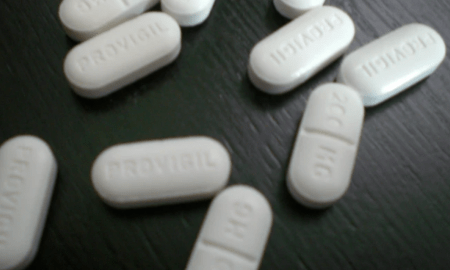
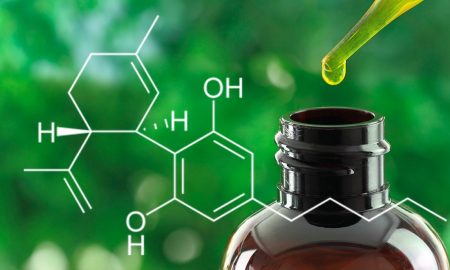

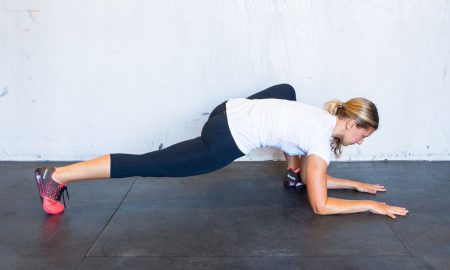
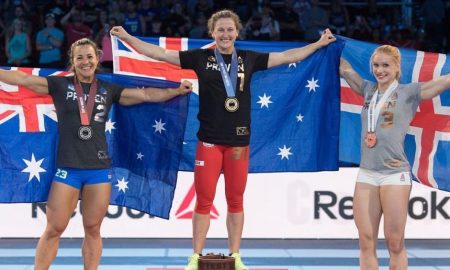
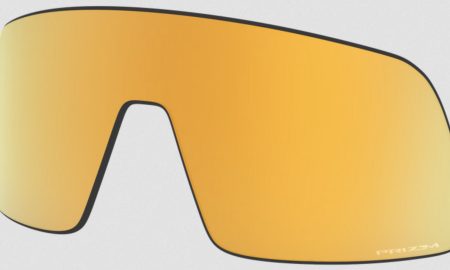
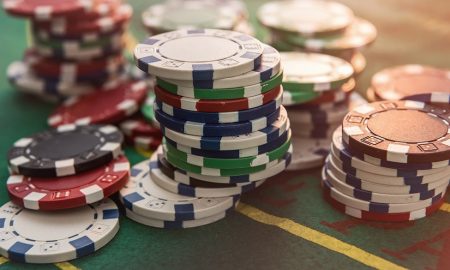
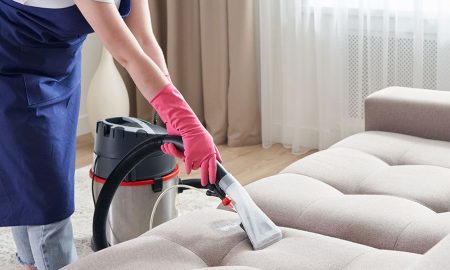

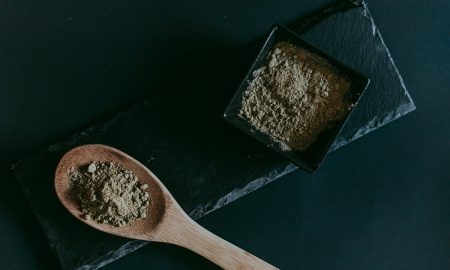
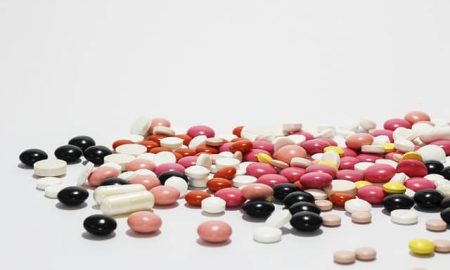
Follow Us